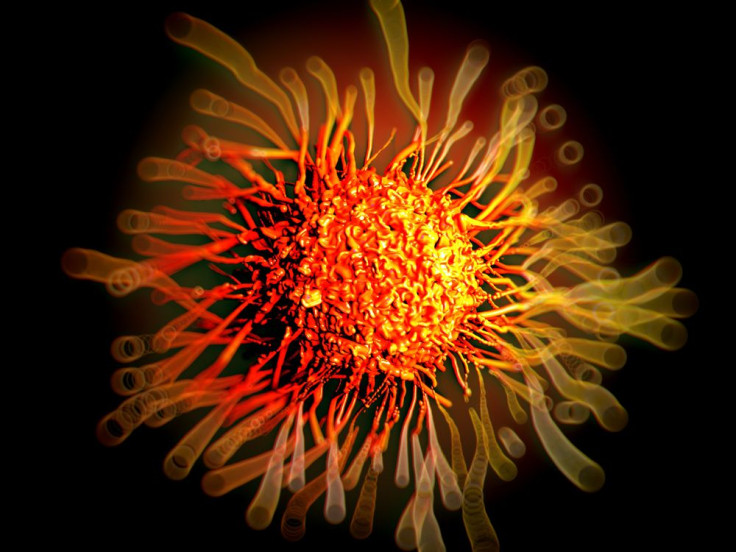Merck, Ablynx Sign $2.3B Cancer Deal; Hope To Use Nanobodies Derived From Camels For Immunotherapy

In an effort to keep up with its competition, U.S. drug company Merck & Co. has just struck a 1.7 billion euro ($2.3 billion) deal with Belgian biotech company Ablynx to develop cancer immunotherapies, which could change how we approach cancer treatment.
This is the second partnership that Merck has made with the Belgian company — in 2012, they signed a neurology partnership. This time, Merck is looking to use Ablynx’s so-called nanobody technology, which takes antibodies from camels, llamas, and other animals of the camelid family, and repurposes them for humans. At only one-tenth the size of humans, these antibodies only have two molecular chains rather than four, according to The Financial Times.
With their small size, nanobodies are easier to control in the human body. It’s also believed that they’ll be able to interact with certain pathways responsible for controlling immune responses, known as immune checkpoint modulators. If Merck and Ablynx are able to get these interactions going, the nanobodies might be able to prevent tumors from controlling and getting past the checkpoints, therefore, also preventing them from growing.
Ablynx will get 20 million euros to start with as much as 10.7 million euros in research funding for the first three years. If all goes well, the biotech company will also be eligible for payments throughout the drug-making process, including development, regulatory, and commercial milestones, a press release said. This amounts to about 1.7 billion euros not including royalties.
“This is a very big, new initiative,” CEO of Ablynx Edwin Moses told Reuters. “What’s a little bit different here is that because the potential of this therapeutic approach is so encouraging, you see the produces beginning to get fast-track status from regulators … you could see three, four, five years taken off that timeline (which normally takes 10 to 15 years), although you’ve got to wait and see.”
Merck is up against nearly every other pharmaceutical company to develop cancer immunotherapy. Among the top candidates are AstraZeneca, Roche, and Bristol-Myers Squibb, which has already developed Yervoy, an immunotherapy drug for melanoma — the most dangerous form of skin cancer. “It is an incredibly exciting area but it is also a very complex area,” said Daniel O’Day, head of pharmaceuticals at Roche, according to The Financial Times. “The companies with the best minds working on this are the ones that are going to find the best way forward.”
Published by Medicaldaily.com



























